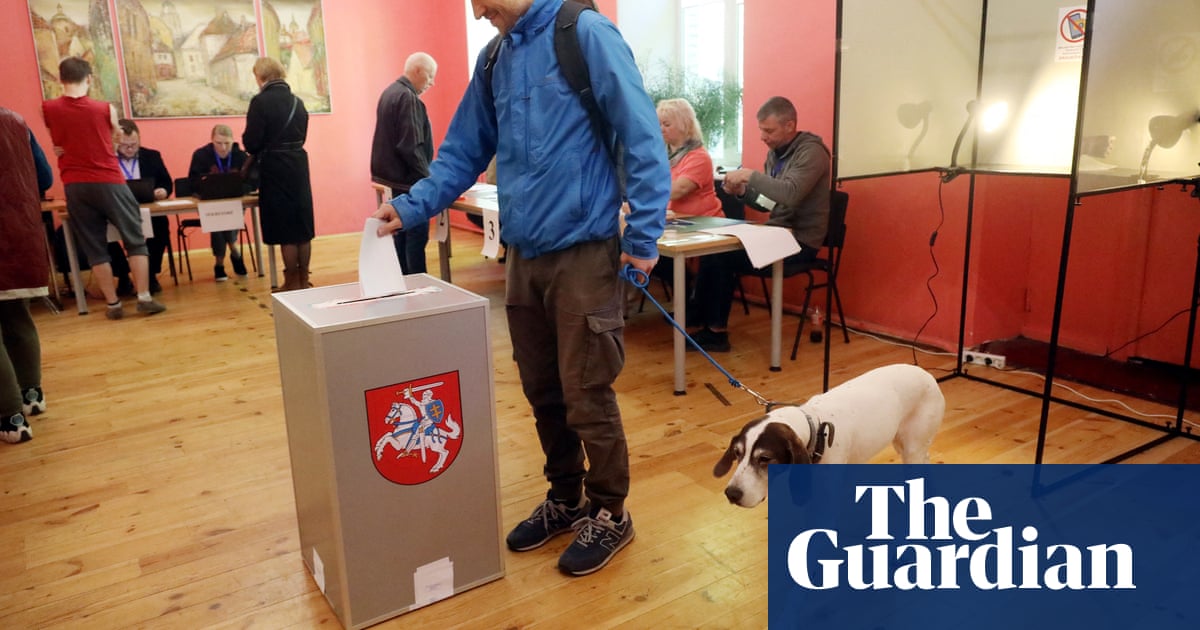
About 30 biometric devices have gone missing, officials say
KABUL: Biometric machines key for the validity of last week’s presidential election in Afghanistan have gone missing, officials for the Independent Election Commission (IEC) said on Sunday.
The results sheet and all related documents from the election have arrived in Kabul. IEC officials said that the government-appointed body will verify the discrepancy between the results sheets and biometric devices in a number of provinces, which has drawn criticism from observers who consider it part of a series of irregularities that marred the vote.
They said that those IEC members who had committed fraud, violations and were behind the disappearance of nearly 30 biometric devices, will be investigated and prosecuted. The initial result of the ballot will be released on Oct. 17, with the final results three weeks later.
“The only acceptable and valid votes are the ones that have been processed by the biometric systems,” Orangzib, a commissioner for IEC, told a news conference in Kabul.
Abdul Aziz Ibrahimi, a spokesman for IEC, told Arab News that the process of transferring result sheets, and sensitive and non-sensitive materials from 34 provinces to Kabul, was completed by late Saturday.
He said that votes from the region had been registered on the main server. He could not comment about the impact on the total votes of the 29 biometric devices that had gone missing.
As part of a move to minimize fraud, the IEC used biometric devices, but IEC officials also allowed voters to cast their vote without the devices in some parts of the country
Mawlana Abdullah, another IEC commissioner, told reporters that it was easy to distinguish between non-biometric votes.
There was poor turnout on voting day due to repeated threats by the Taliban to derail the process and because of disillusionment caused by fraud and mismanagement in previous rounds, particularly during the parliamentary elections last year.
Of 9.6 million voters, only 2.6 people, mostly from urban areas, came to the polling stations. Complaints of irregularities, violations and fraud have been reported throughout the country.
Election watchdog groups have described the turnout as the lowest since the Taliban’s ousting in late 2001.
Despite the poor turnout, the camps of incumbent Ashraf Ghani and that of his arch rival, Dr. Abdullah Abdullah, both claimed to have won the vote while the IEC said only it had the legal right to declare the winner.
Questions have been raised by the media and some politicians about the legitimacy of the election given the low turnout.
“The participation of merely 20 percent of voters in the election seriously puts under question the basis of legitimacy of the future government,” wrote Dr. Usman Taraki in an article in the Daily Weesa on Sunday.
Mandegar, another daily, said given the level of irregularities and poor turnout, the political parties needed to prevent a crisis in Afghanistan and form a caretaker administration.
Ghani on Saturday said that the new president would take the oath of office as stipulated by the elections law.











